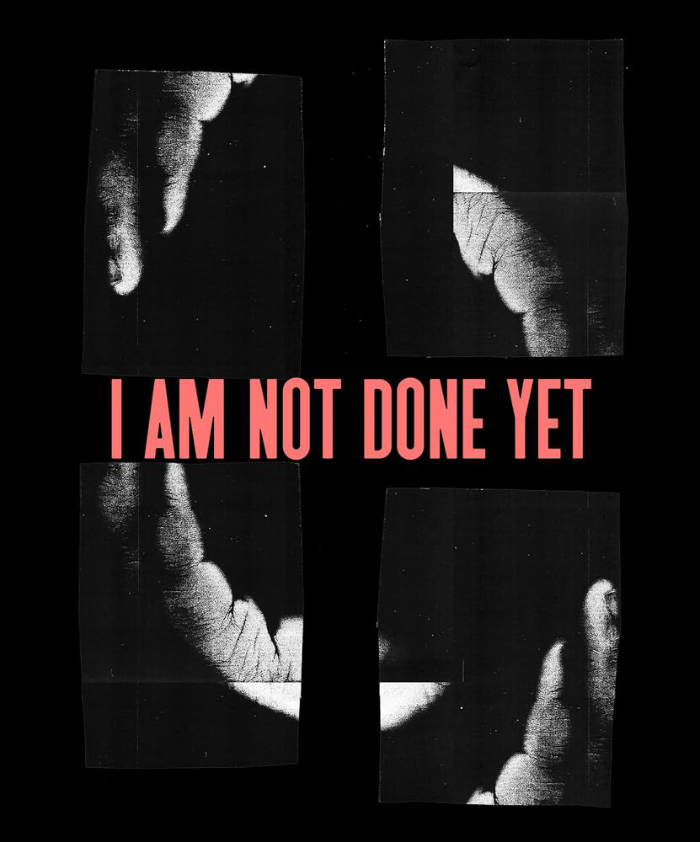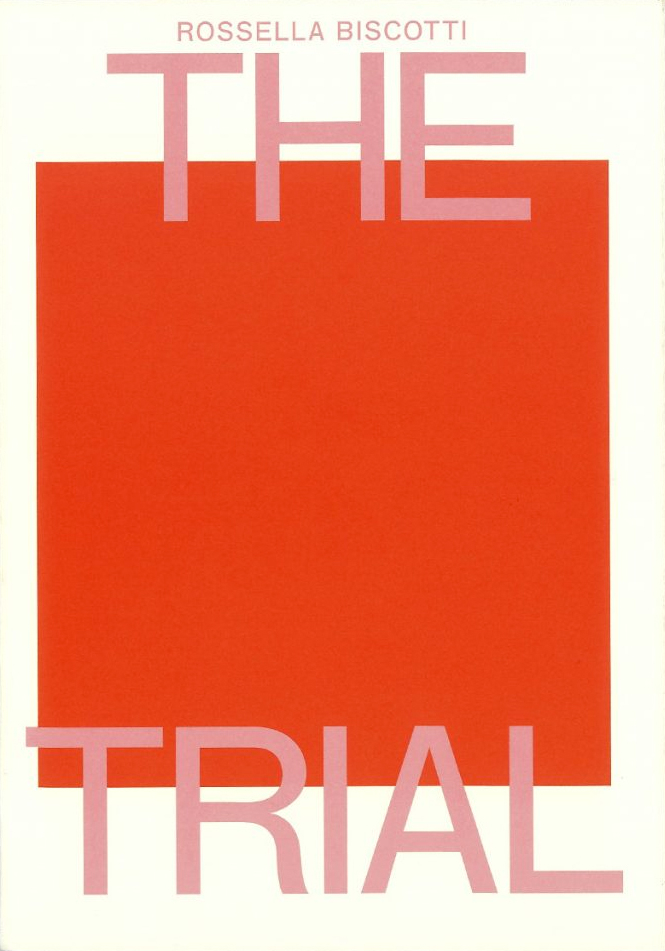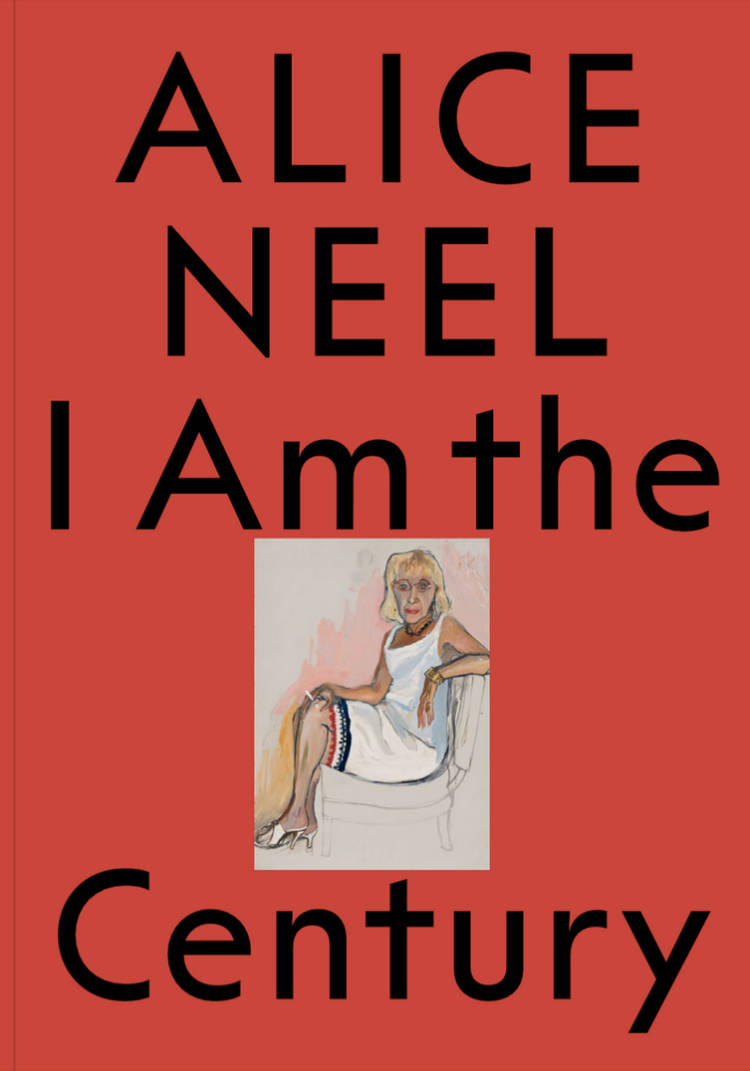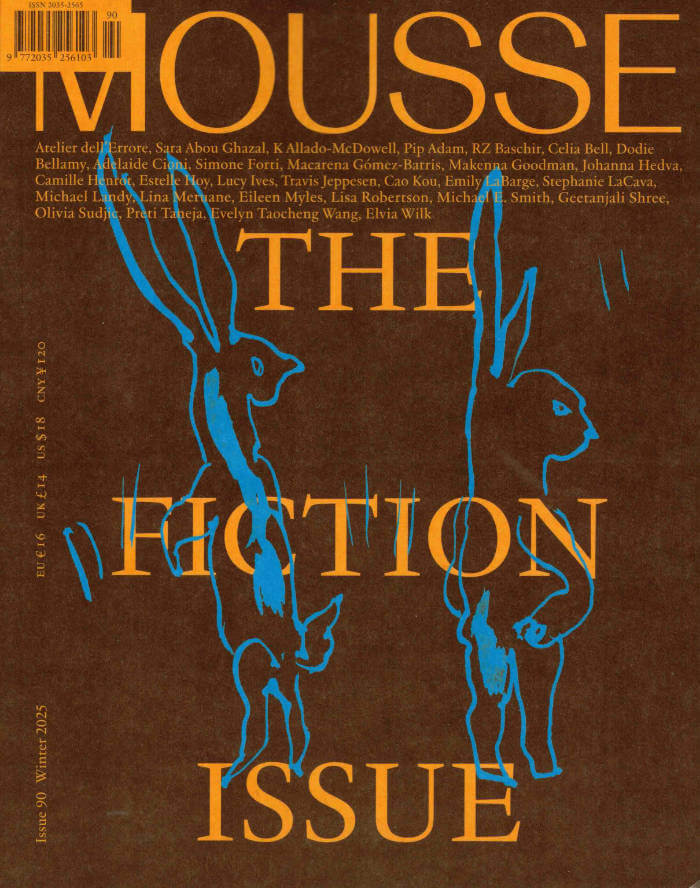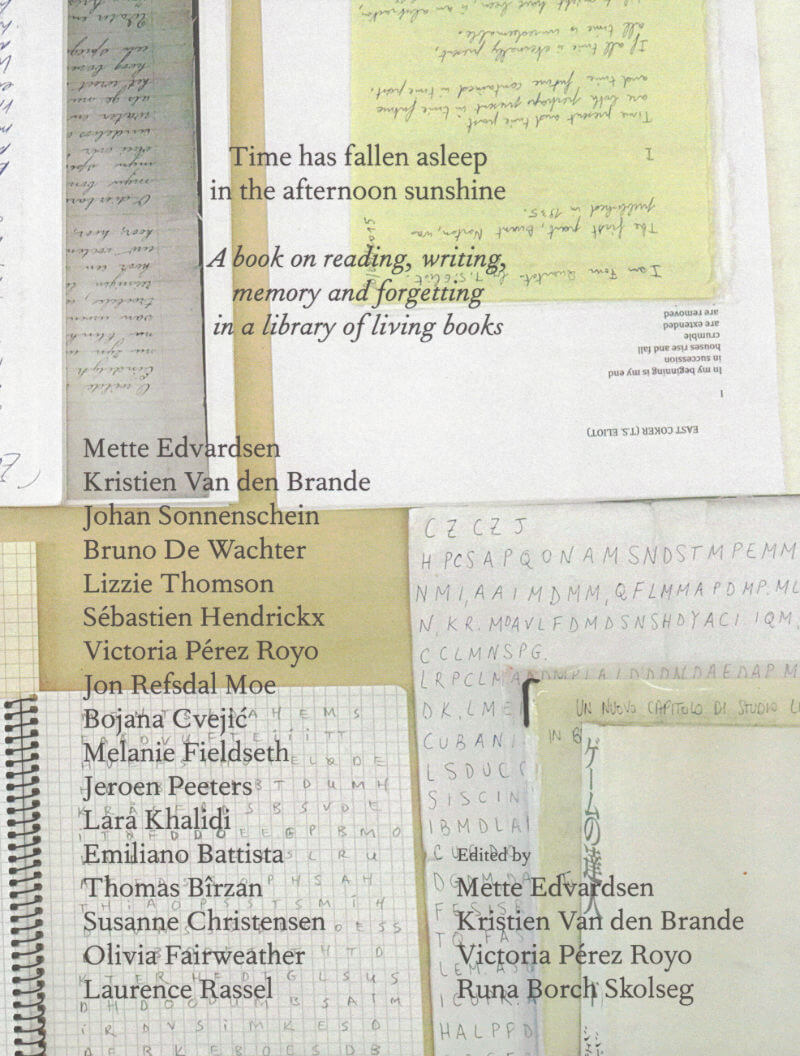
Time has fallen asleep in the afternoon sunshine
Runa Borch Skolseg, Victoria Pérez Royo, Kristien Van den Brande, Mette Edvardsen
A book on reading, writing, memory and forgetting in a library of living books.
This publication documents a project inspired by Bradbury's Fahrenheit 451, in which performers memorize a book to form a collection of living books to be read in libraries by visitors. The publication brings together eighteen text contributions from artists and theoreticians, and a visual essay.
The project Time has fallen asleep in the afternoon sunshine starts as a group of people who dedicate themselves to memorizing a book of their choice. Together they form a library collection consisting of living books. The “books” pass their time in libraries reading, memorizing, talking to each other, going for walks outside, prepared to be read by a visitor. The readings take place as intimate one-to-one encounters where the “book” recites its content to the reader. Over time the project grew into a library collection of more than eighty living books in twelve different languages across Europe and beyond. The project developed into a bookshop, a publishing house and an exhibition format, and hosted workshops, lectures and talks and, eventually, a book.
The publication brings together eighteen text contributions from artists and theoreticians with a varying degree of proximity to the project. Their reflections touch on memory and forgetting; on the practice of learning by heart and its corporeality; on reading, re-reading, reading aloud, reading for oneself and for others; on writing, re-writing and translating; on invisible and impossible literatures; on alternative temporalities and their respective economies; on archives, libraries, bodies and other sites for conservation; on the problems of authorship and originality; on immateriality and its discontents; on the equivocal borders between reality and fiction; and on the strange and unforeseeable dynamics of people and stories coming together, disseminating and unexpectedly crossing paths again. The second part of the book is a visual essay that documents the processes of memorizing, reading and re-writing.
Contributions by: Mette Edvardsen, Kristien Van Den Brande, Johan Sonnenschein, Bruno De Wachter, Lizzie Thompson, Sébastien Hendrickx, Victoria Pérez Royo, Jon Refsdal Moe, Bojana Cvejić, Melanie Fieldseth, Jeroen Peeters, Lara Khalidi, Emiliano Battista, Thomaz Bîrzan, Susanne Christensen, Olivia Fairweather and Laurence Rassel.

